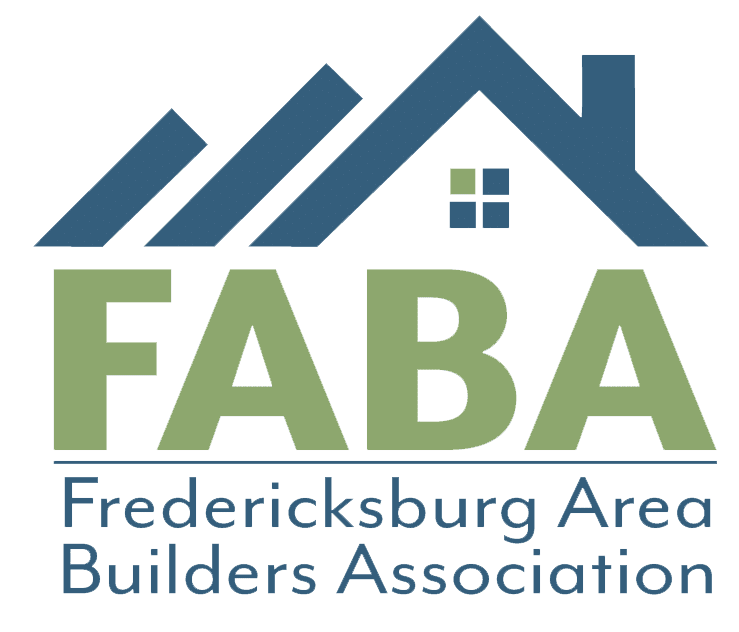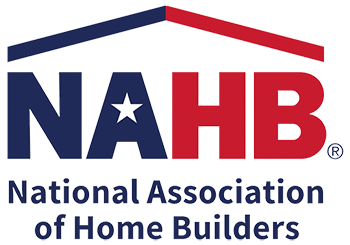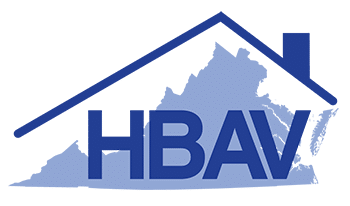A recent thread on the All Member Forum on NAHB Connect discussed the classification of workers as independent contractors and employees, prompting the following note from NAHB legal staff. Article originally posted on NAHB Now August 25, 2021(NAHBNow.com)

Due to the costs businesses face if they are found to have wrongly classified their workers, it is important to make hiring decisions with a clear understanding of how the law views such workers.
The law permits the use of independent contractors, provided such workers are not “employees” under existing tax, employee benefit, and labor and employment laws. Engaging independent contractors instead of employees can result in considerable cost savings and increased workforce flexibility, and most home builders work extensively with contractors.
If an employee is classified as an independent contractor, the “employer” is not required to pay and/or withhold a variety of payroll‐related taxes, fees and benefits (Social Security and Medicare taxes, local, state and federal income taxes, unemployment insurance, workers compensation, pension and health benefits, etc.). Not only are these costs shifted to the individual worker, the independent contractor is also not fully protected by various employment laws (minimum wage and overtime requirements, workers compensation protection, etc.).
Proper classification of workers as independent contractors, however, is not as simple as a written agreement between the parties. No single test exists to evaluate independent contractor status for all purposes, and compliance is often complicated by the fact that different tests may apply.
Responding to mounting evidence that many employers nationwide have classified some of their employees as independent contractors as a cost-savings measure, there has been increased focus at the federal and state levels on whether workers are properly classified. Some states have focused their efforts on specific industries, most notably the construction industry.
The consequences of misclassifying individuals as independent contractors may result in large penalties or damages awards, including unpaid overtime compensation, tax and insurance obligations, liquidated damages, and civil penalties.
At the federal level, the National Labor Relations Act, The Civil Rights Act, Fair Labor Standards Act, and Employee Retirement Income Security Act (ERISA) each use a different definition of an employee and various tests, or criteria to distinguish independent contractors from employees.
Similarly, at the state level, often there is no single test to determine employment classifications. For example, in New York the Construction Industry Fair Play Act creates a presumption of employment in the construction industry unless an employer can meet the ABC test. The New York State Department of Taxation and Finance uses the “common law” test for determining employment status. Thus, a worker may be an independent contractor under a test used by one agency, and an employee under the test used by another agency, creating confusion for businesses.
Generally the tests are geared toward determining the level of control the company has over the worker, but the tests may differ in the number and type of factors considered and the weight assigned to each factor.
For more information on engaging independent contractors, consult with your local attorney or seek the services of a qualified professional experienced in labor and employment matters.
Original article posted on NAHBNow.org:






